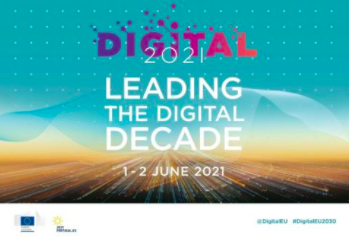PASC21
PASC21: New Challenges, New Computing Paradigms
July 5-9, 2021
Digital Event
Computational science is crucially important across diverse research communities from traditional topics in physics and chemistry to new applications in life and social sciences.
The drive to exascale computing, together with new computational paradigms in machine learning, artificial intelligence and big data present opportunities for science and society but also significant challenges for both traditional HPC and the new user communities.
This growing community requires increased computing power, new heterogeneous architecture paradigms, new software and new policies for resource access while benchmarks like High-Performance Linpack are becoming less and less representative of the computing ecosystems. Although new hardware solutions are emerging, computers become fatter, not faster, and exploiting the coming exascale systems remains a challenge for many traditional HPC applications.
The PASC Conference series is an international and interdisciplinary platform for the exchange of knowledge in scientific computing and computational science with a strong focus on methods, tools, algorithms, application challenges, and novel techniques and usage of high performance computing.
The conference aims to open discussions on these new challenges, explore problems and propose solutions to address them and shape the future of scientific computing.
The Conference is co-sponsored by the Association for Computing Machinery (ACM) and the PASC structuring project and it is managed by the Swiss National Supercomputing Centre (CSCS). The local host of PASC21 is the University of Geneva, Switzerland's second largest university.
►Andrea Ferretti, CNR Nano, will join the PASC21 Conference next 08th of July (from 11am to 1pm) presenting MaX Codes experience and advances in the symposium "Performance Optimisation and Productivity for EUHPC Centres of Excellence (and European Parallel Application Developers preparing for exascale) Part II" with the talk "Materials Design Towards Exascale: Porting Electronic Structure Community Codes to GPUs"


